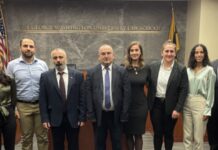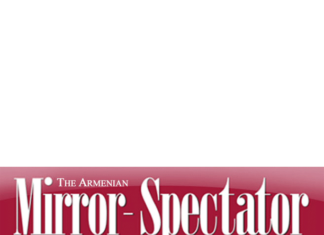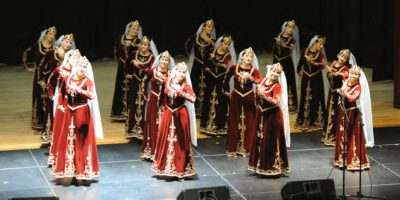By Cengiz Aktar
Who knows, all the evil haunting us, the endless mass killings and our inability to recover from afflictions may be due to a century-old curse and a century-old lie. What do you think? This is perhaps the malediction uttered by Armenians — children, civilian women and men alike — who died moaning and buried without a coffin. It may be the storms created in our souls by the still-agonizing specters of all our ill-fated citizens, including Greeks and Syriacs and later, Alevis and Kurds.
Perhaps the massacres that have not been accounted for since 1915 and the “prices” that have remained unpaid are now being paid back in different venues by the grandchildren. The curses uttered in return for the lives taken, the lives stolen, the homes plundered, the churches destroyed, the schools confiscated and the property extorted… “May God make you pay for it for all your offspring to come.” Are we paying back the price of all the injustices committed so far? Does repayment manifest itself in the form of the audacity of being unable to confront our past sins or in the form of indecency, which has become our habit due to our chronic indulgence in unfairness? It seems as if our society has been decaying for a century, festering all around.
Despite this century-old malediction, 2015 will pass with the debate, “Was there really genocide?” remaining unanswered. We will watch how the current tenants of the state exert vast efforts to cover up this shame and postpone any move to confront it. If it were in their hands, they would just skip the year 2015. The denialist prose that consists of three wizened arguments, which amount to upheaval, collaboration with the enemy and victimization — it is the Armenians who killed us — will continue to be parroted in a series of conferences. And we will dance to our own tunes. On April 24-25, 2015 an official ceremony will be held on the occasion of Anzac Day in Gallipoli, not in connection with the genocide. And we will hear abundant tales about heroism in the Dardanelles. But we will find none to listen to our narrative.
How many more maledictions need to happen to us before we will be inclined:









